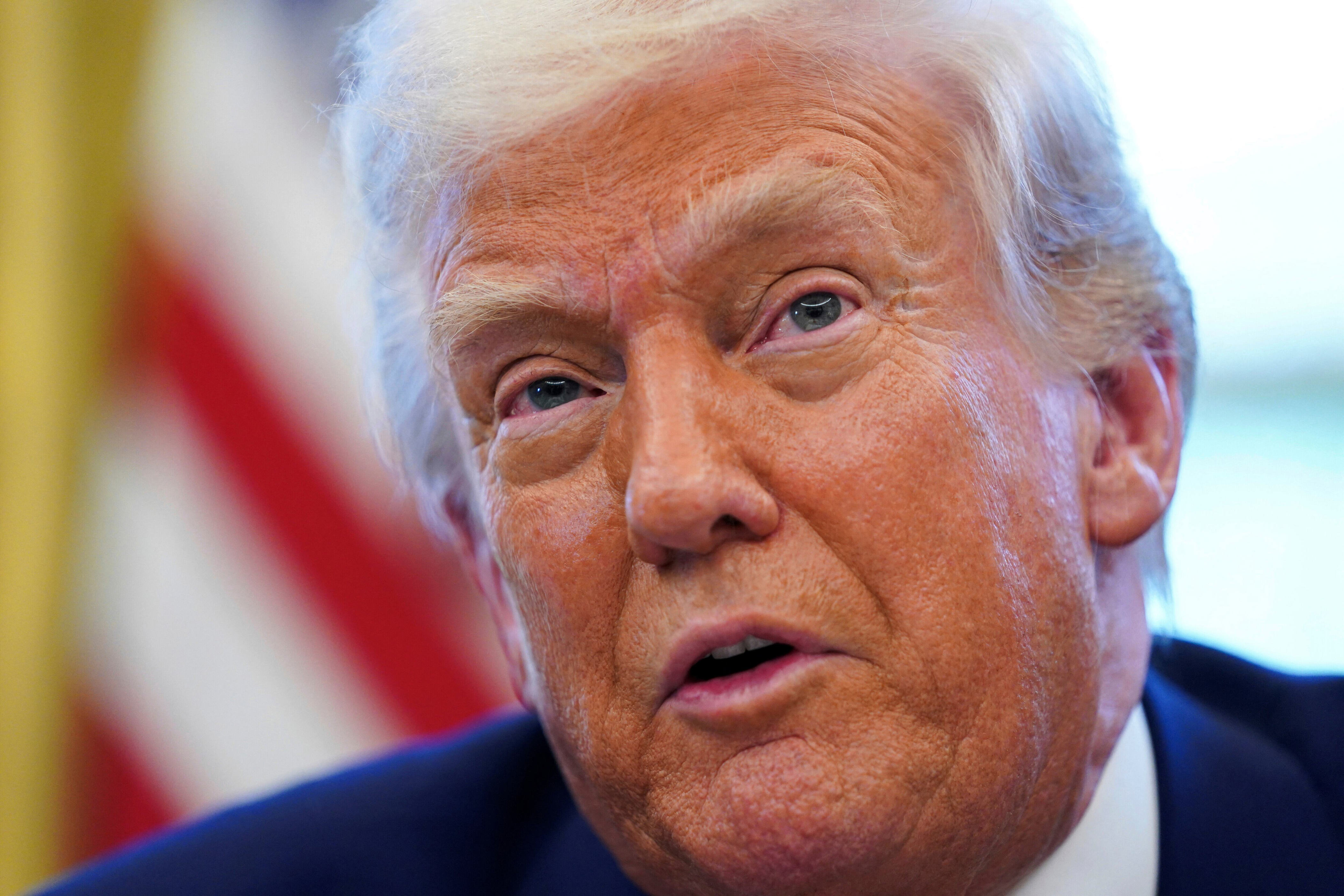On April 9, U.S. President Donald Trump stated that forthcoming discussions with NATO partners, such as South Korea, might go beyond trade issues to encompass questions related to military contributions. This indicates a combined, nation-focused strategy as the United States initiates a three-month pause on imposing additional duties.
We cover most of the defense costs in Europe, yet our reimbursement isn't substantial," Trump stated to journalists at the White House following the signing of executive orders. "The same goes for South Korea. This is something we'll address. Although this issue doesn't pertain directly to trade, I believe we can achieve progress. A significant reason being that it justifies itself. We could ideally consolidate everything into a single comprehensive agreement with each nation; neat and tidy.
Following the administration’s unforeseen declaration of a 90-day halt on tariffs for every country apart from China, he made these comments. This suggests his inclination towards adopting an integrated strategy that links trade talks with wider geo-economic and political matters.
U.S. Treasury Secretary Scott Bessent supported the stance of the president, indicating that tariff talks would be customized for individual countries. In response to queries about Trump's objectives during this hiatus, Bessent mentioned that South Korea, Japan, and Taiwan showed keenness towards investing in and ensuring prolonged supply agreements with the Alaska LNG project.
The choice to postpone the tariff rollout was made one day following Trump’s telephone conversation with South Korea’s Acting President Han Duck-soo. According to reports, during their discussion, Trump expressed his intention to address both trade matters and defense cost-sharing within a unified negotiating framework.
During his visit to Washington, South Korea's Trade Minister Cheong In-kyo expressed approval for the hiatus, stating to journalists that it provided "an opportunity to lessen the effect on our industries." Nevertheless, he warned that these talks were unlikely to reach a conclusion in just one meeting.

In the coming three months, Seoul plans to focus on decreasing its tariff vulnerability. During a cabinet meeting chaired on April 10th, Han encouraged governmental departments to speed up their discussions and highlighted the importance of implementing regulatory changes that might advantage local enterprises as well.
We need to achieve advancements in all discussions within the 90-day period to lessen the tariff load," he stated. "Loosening regulations would be advantageous for both international investors and domestic businesses alike. I urge the ministers responsible for oversight to put forth extra effort.
Experts suggest that South Korea needs to move swiftly to establish itself as a crucial ally in Washington’s initiative to realign supply chains away from China. Although the tariff suspension covers various goods, Trump announced that a 125% retaliatory tariff on products imported from China will be implemented right away.
As U.S.-China ties deteriorate, Washington might seek to swiftly conclude agreements with partners such as South Korea and Japan," stated Jang Sang-sik from the Korea International Trade Association. He further noted that sectors including semiconductors, electric vehicle batteries, and solar power parts could be crucial in reshaping essential supply chains away from reliance on China.
Several experts propose that South Korea might benefit strategically from Washington’s combined negotiating strategy. As stated by Kim Soo-dong from the Korea Institute for Industrial Economics and Trade, "There are opportunities for us to capitalize on in energy imports as well as in shipbuilding collaborations."
Effortless talks will necessitate backing from both sides of the aisle domestically. "It’s crucial to bridge gaps between various governmental departments and involved parties," stated Professor Heo Yoon from Sogang University. "Lawmakers must rally behind the negotiating panel irrespective of their political affiliations and guarantee that whatever agreement is made remains intact under future administrations."

Out Of Topic Show Konversi KodeHide Konversi Kode Show EmoticonHide Emoticon